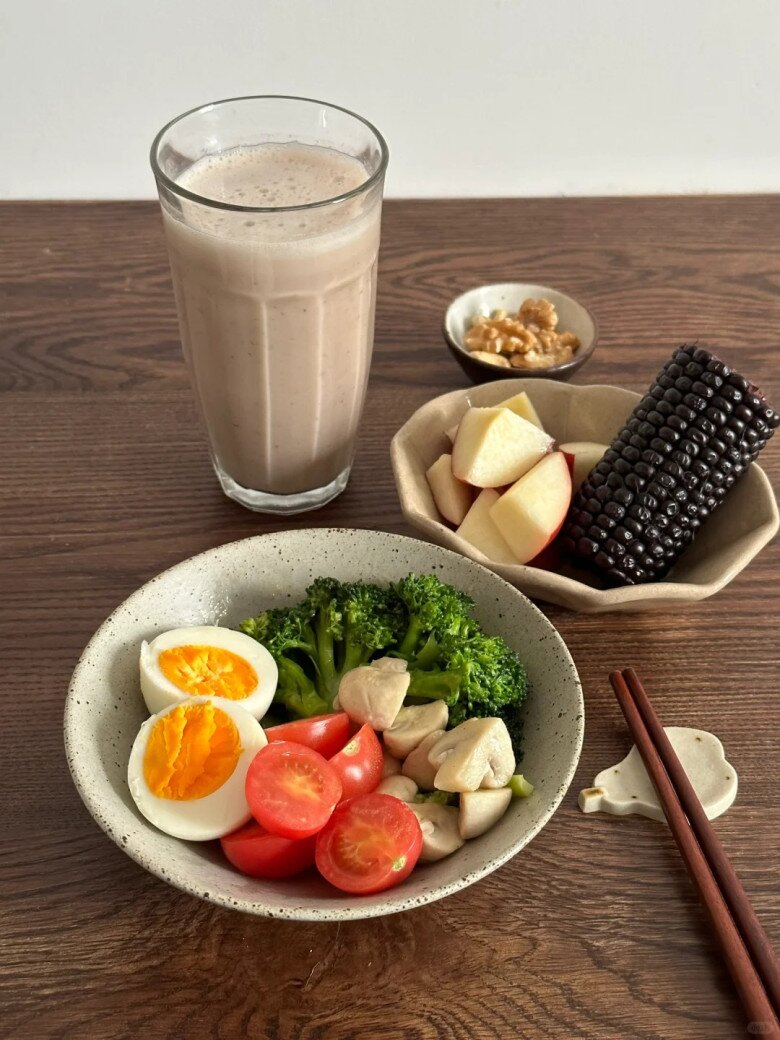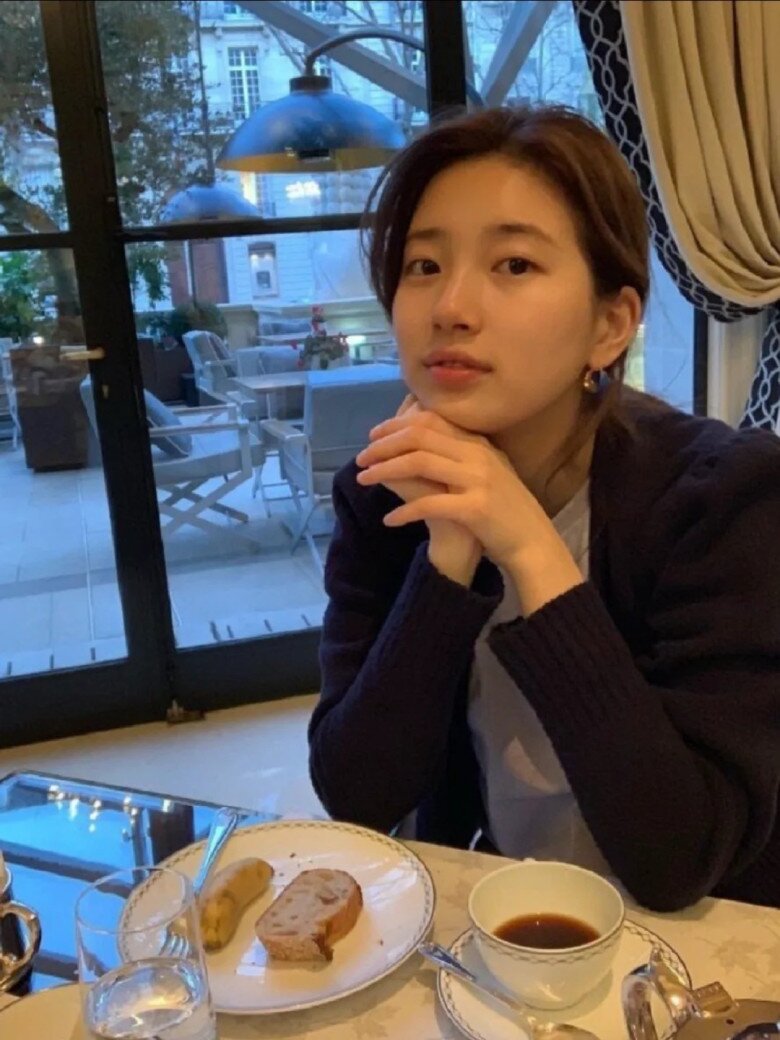
With a remarkable six-decade-long career, she is undoubtedly a legend whose fame will forever endure.
She is also renowned for her exquisite beauty, captivating the hearts of millions with her delicate features and alluring lips.
Ms. Thien Ngoc, now 74 years young, astonishes audiences not only with her unwavering dedication to her craft but also with her youthful appearance and graceful physique. Her ageless beauty and slender frame defy her years, leading many to believe she is merely in her early 50s.

Her commitment to a healthy lifestyle has undoubtedly contributed to her youthful looks.
Even at the age of 70, Ms. Thien Ngoc maintains her youthful appearance and vibrant energy through a disciplined lifestyle. Each day, she diligently practices exercises such as crunches, squats, and stretches. Additionally, she walks her dog or engages in brisk walking for 40 minutes to stay active.
When asked about her secret to staying fit, she reveals that she has been following the 7-minute eating method for years. In every meal, she adheres to a specific order: starting with vegetables, followed by protein-rich foods, and limiting carbohydrates by reducing rice and noodle intake. Notably, she stops eating when she’s about 70% full and ensures her dinner concludes before 8 p.m.
For many years, Ms. Thien Ngoc has faithfully adhered to the 7-minute eating rule at every meal.
In addition to the 7-minute rule, Ms. Thien Ngoc also practices two other dietary habits that are common among Japanese women seeking to maintain their figures: the order of food consumption and the habit of eating until 70% full.
Here’s how eating vegetables before meat can aid in weight loss:
– Reduced overall calorie intake: Vegetables tend to be low in calories but high in fiber, keeping you fuller for longer. Starting your meal with veggies leads to consuming less of the more calorie-dense foods like meat or starchy dishes. This helps reduce total calorie intake while maintaining satiety.
– Improved blood sugar control: Eating vegetables before protein- or carbohydrate-rich foods slows down digestion and absorption of sugar. This can prevent a rapid spike in blood sugar levels after meals, stabilize blood sugar, and reduce cravings.

– Enhanced fiber intake: Green vegetables and other veggies provide ample fiber, supporting digestion and preventing constipation. Fiber also helps curb hunger by slowing digestion, keeping you fuller for longer, and reducing the tendency to snack or overeat.
– Reduced fat and protein consumption: Starting with vegetables fills you up, reducing the amount of meat and fatty foods you consume during the meal. This lowers the intake of fat and protein, aiding in weight loss.
Why does eating until 70% full aid in weight loss?
Eating until 70% full reduces the burden on your digestive system, preventing feelings of fullness and discomfort. It also enables your body to process food more efficiently. Overeating can overwork your stomach, leading to fatigue and discomfort. Additionally, eating moderately helps control calorie intake, supporting weight management. Eating less than “completely full” also lowers the risk of excess fat storage, especially when consuming calorie-dense or fatty foods.

When you eat only until 70% full, your body is better able to absorb nutrients. Overeating can overload your digestive system, hindering its ability to absorb all the nutrients from the food.
By stopping at 70% fullness, you avoid interrupting your metabolism. This helps maintain stable energy levels, preventing fatigue or sleepiness after meals. Additionally, eating until 70% full cultivates a mindful eating habit, making you more attuned to your body’s fullness signals and preventing overeating. This practice not only aids in weight loss but also contributes to long-term healthy living.








































